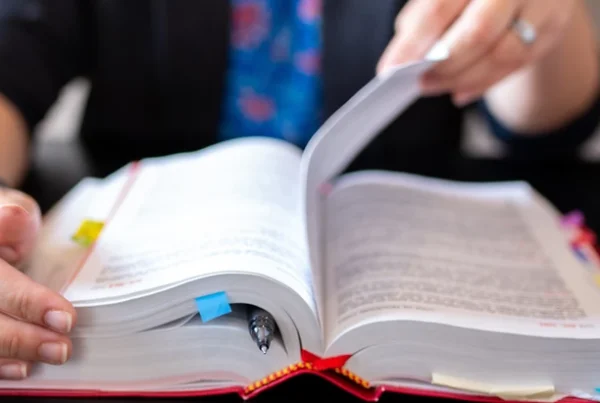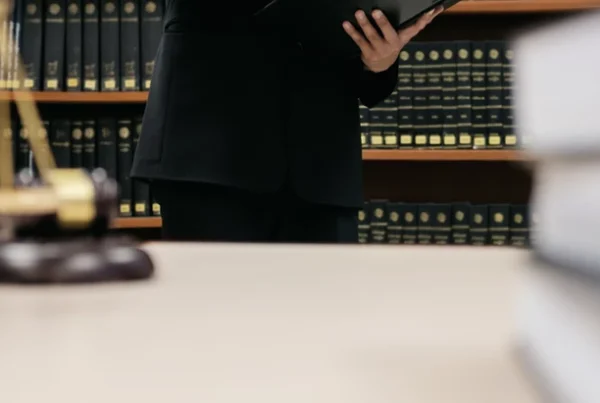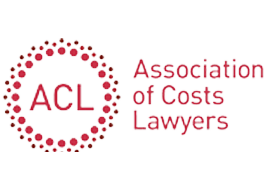When asked how to maximise recovery of legal costs, most costs lawyers would say that time recording is crucial, and this should be supported by a well-documented file of papers with correspondence and attendance notes. That is absolutely true. Being able to present to the costs judge documentary evidence of the work undertaken will remove a certain level of doubt from the costs judge’s mind and will go some way to justifying the costs claimed, but to maximise recovery of costs even further, solicitors and costs lawyers generally need to think more strategically.
Effective resourcing / delegation
Where appropriate, tasks should be delegated to more junior fee earners. The conducting solicitor, or legal project manager, should consider ‘is the work being carried out by the relevant level of expertise?’ Let’s take a personal injury or clinical negligence case as an example. Costs will only be recoverable to the extent that they are reasonable and proportionate. It is difficult to persuade a costs judge (or paying party) that it is reasonable and proportionate for a Partner to write to hospitals and other medical practices requesting copies of medical records. The result is that this time would only be allowed at a lower hourly rate.
Each legal team will form their own views on which tasks are capable of delegation, but some tasks that we often see being delegated, depending on the experience of the junior fee earner, are arranging conferences, obtaining witness statements, preparing first document drafts, researching novel legal issues and attending inquests with counsel to take notes.
Historically, time spent delegating work has been difficult to recover, but there has been a change in attitude in recent years, including earlier this year when Senior Costs Judge, Master Gordon-Saker held in R (On the application of Fuseon Ltd) v Shinners [2020] EWHC B18 (Costs) that “reasonable time spent in inter-fee discussions is properly allowable. It is difficult to delegate tasks to junior fee earners without instructing them what to do and the reasonable time of the delegator and the delegate is usually now considered to be recoverable.”
A well-prepared costs budget and a proactive approach to costs management
The costs budget should accurately reflect the important interaction between case and costs management. The sums claimed should be sufficient to enable conducting solicitors to implement their winning case strategies within budget. To achieve this, the underlying assumptions in the budget must justify the costs claimed by informing the court of the reasons for the expenditure and illustrating that careful consideration has been given to how to progress the claim to trial.
It is equally as important to actively monitor the budget once it has been approved. This will enable conducting solicitors to identify any potential overspend well in advance of the budget being exceeded, which improves their chances of making a full recovery of the budgeted costs on detailed assessment. At Athene Legal, we monitor our clients’ budgets throughout the duration of the claim and regularly provide them with reports containing numerical and visual data detailing the costs incurred compared against the budgeted costs in each phase at no additional charge.
An informative narrative to the bill of costs
The narrative to the bill of costs is arguably the first opportunity in the detailed assessment procedure to justify the costs claimed; therefore, the narrative must achieve the right balance between being highly informative and being drafted in a concise fashion. The narrative should, not just simply set out the work undertaken at each step of the proceedings, but also explain why each aspect of the work was required, ideally without having to throw mud at the paying party/parties. It is not necessary to include endless information, but a lack of detail is likely to paint a simplistic picture of the proceedings.
The narrative should also include a statement of the status of the fee earners involved in the matter. Simply stating that ‘the matter was conducted by Joe Bloggs, Partner’ would generally be sufficient, but if the fee earner (or firm) are specialists in a particular field of work or possess expertise that might justify a higher hourly rate, the statement should reflect that, and this will then allow the paying party to form their own view of the reasonableness of the hourly rates claimed.
Set settlement brackets and Part 36
To maximise recovery of legal costs, the receiving party should have a clear goal of what they want to recover. As previously mentioned, costs will only be recoverable to the extent that they are reasonable and proportionate and so it is important to adopt a measured approach. An experienced costs lawyer should be able to provide accurate settlement brackets for the claim for costs, the lower end reflecting the worst-case scenario and the upper end reflecting the best-case scenario. It is easier to establish these parameters upon receipt of the paying party’s points of dispute, at which point their position has been fully set out.
Once accurate settlement brackets have been established and before any detailed or provisional assessment, a well-pitched Part 36 offer should be made. Beating the same at assessment will enable the receiving party to recover enhanced interest, costs of assessment on the indemnity basis and the additional 10% uplift on the assessed costs (unless it would be unjust). These benefits can often amount to significant sums.
Contact
Of course, this brief list is not exhaustive. If you would like advice on how to maximise your recovery of costs, or in fact you would like us to maximise recovery of your costs, please do get in touch with us at info@athenelegal.co.uk or 020 7459 4843.






